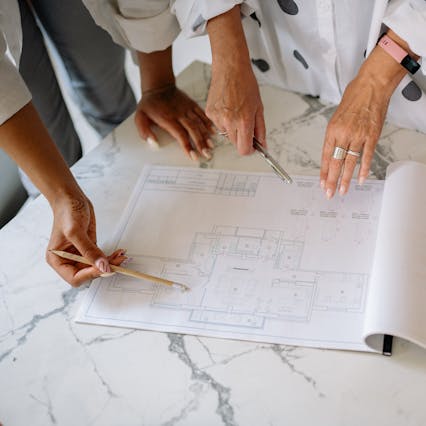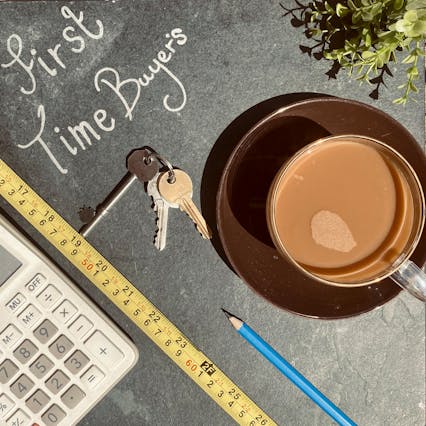What Happens During Probate Court?
We understand that your assets and properties hold significant value and importance to you, which is why we are dedicated to thoroughly examining and evaluating them in court according to your wishes. Our goal is to ensure that your desires are respected and represented with the utmost care and attention to detail.
The legal process of validating a will guarantees that all outstanding debts and taxes are settled before any assets are passed down to beneficiaries. This ensures that the distribution of assets is done fairly and according to the wishes of the deceased individual. Our team at Crowder & Scoggins, Ltd specializes in handling this process to ensure a smooth and lawful transfer of assets.





